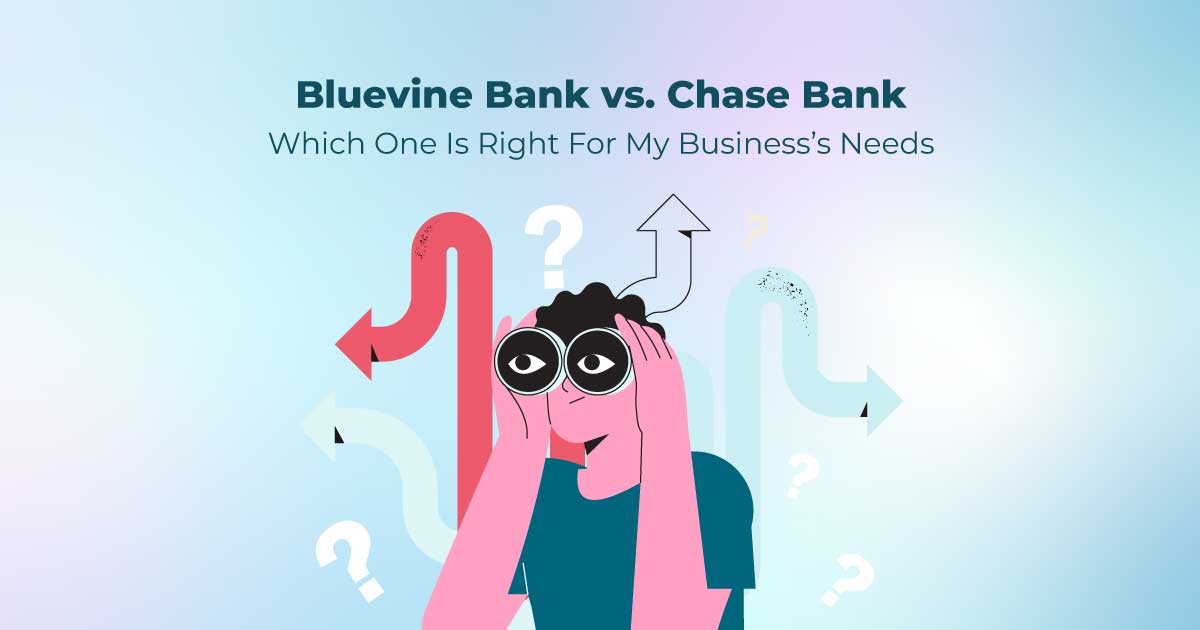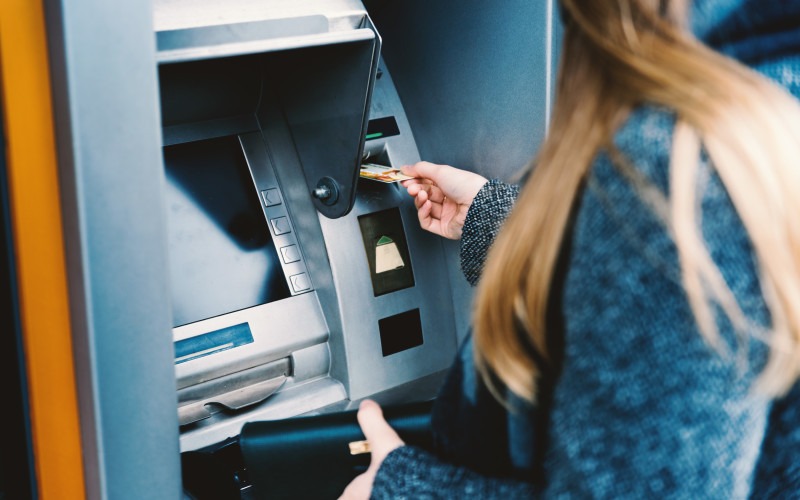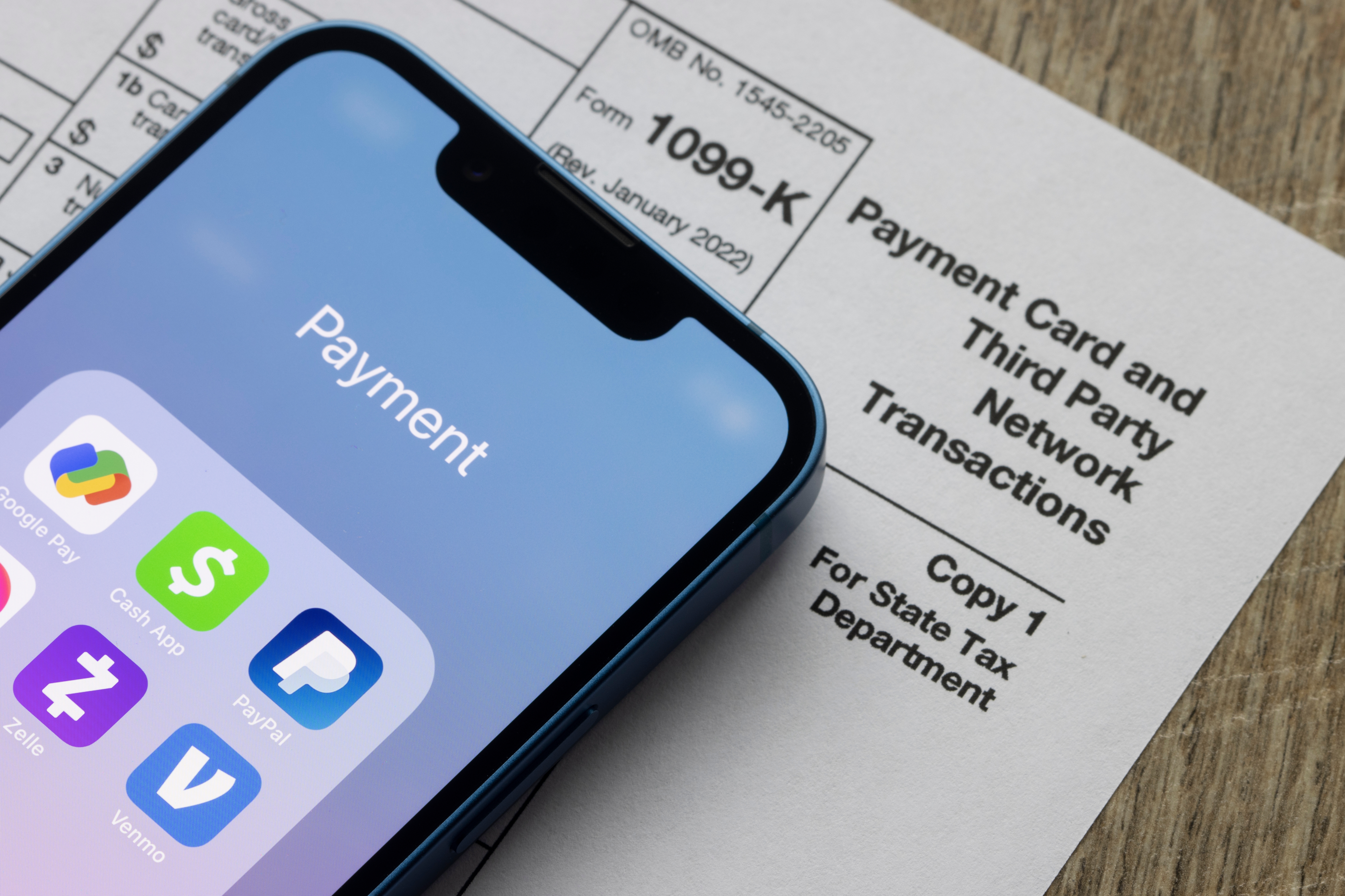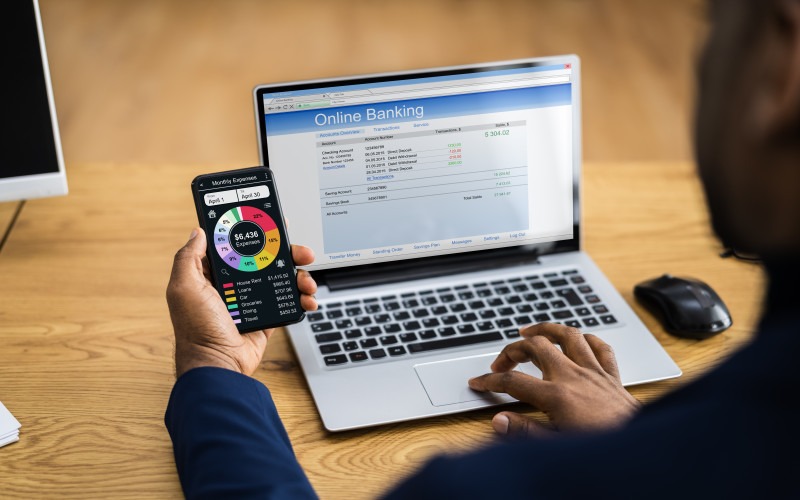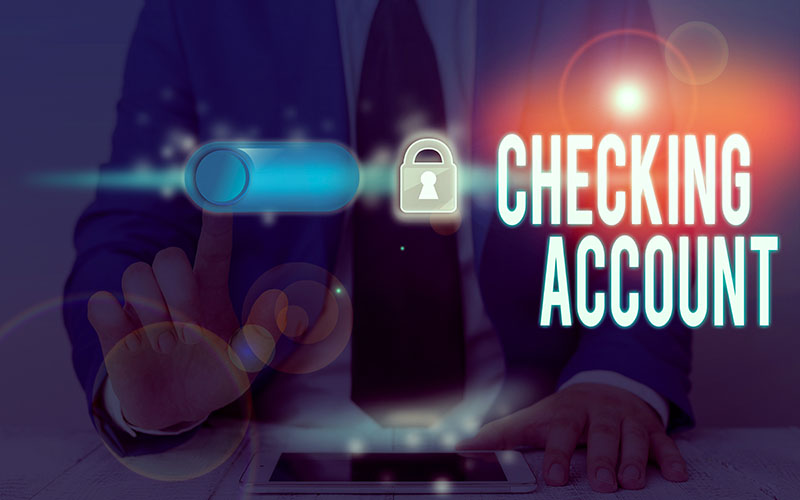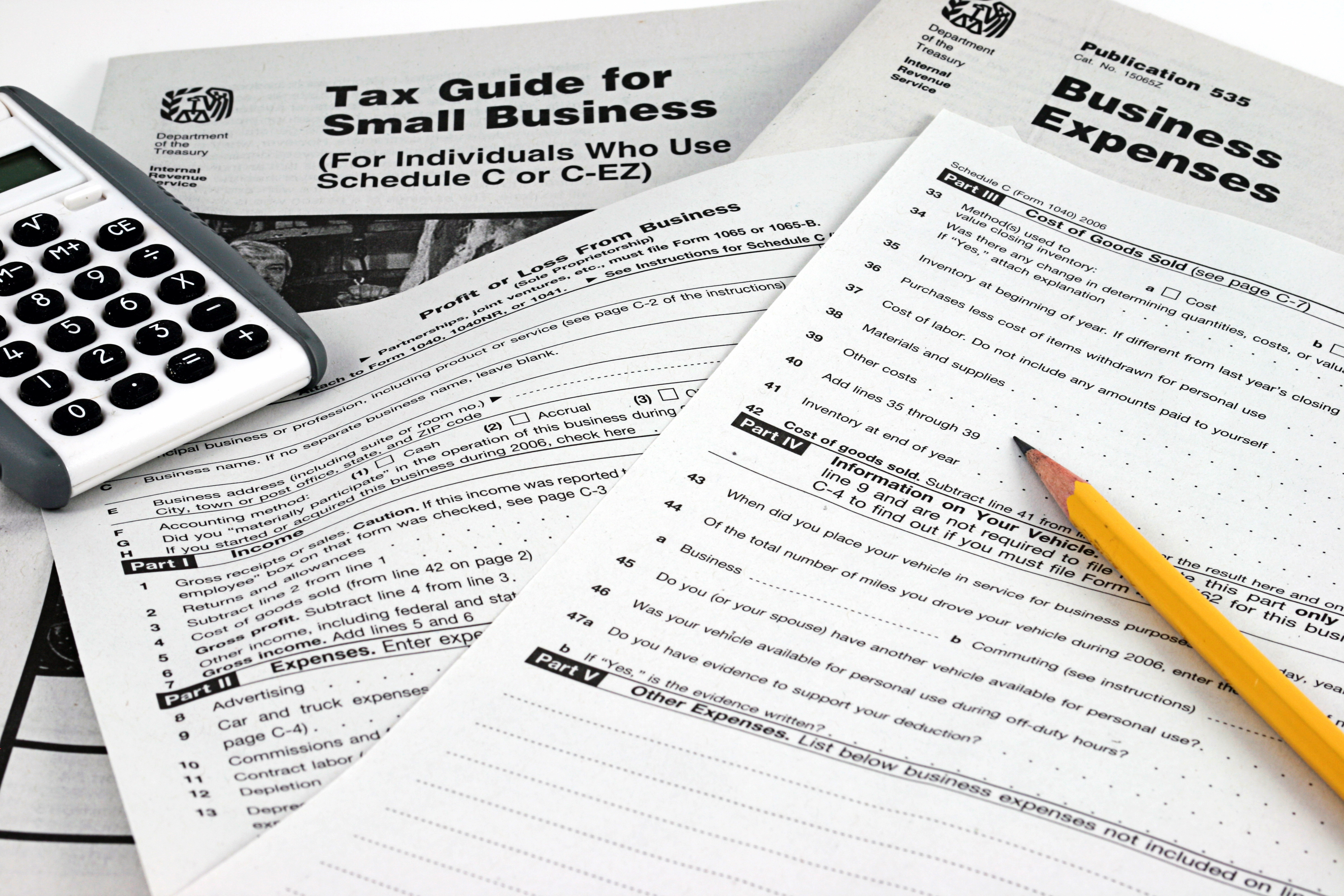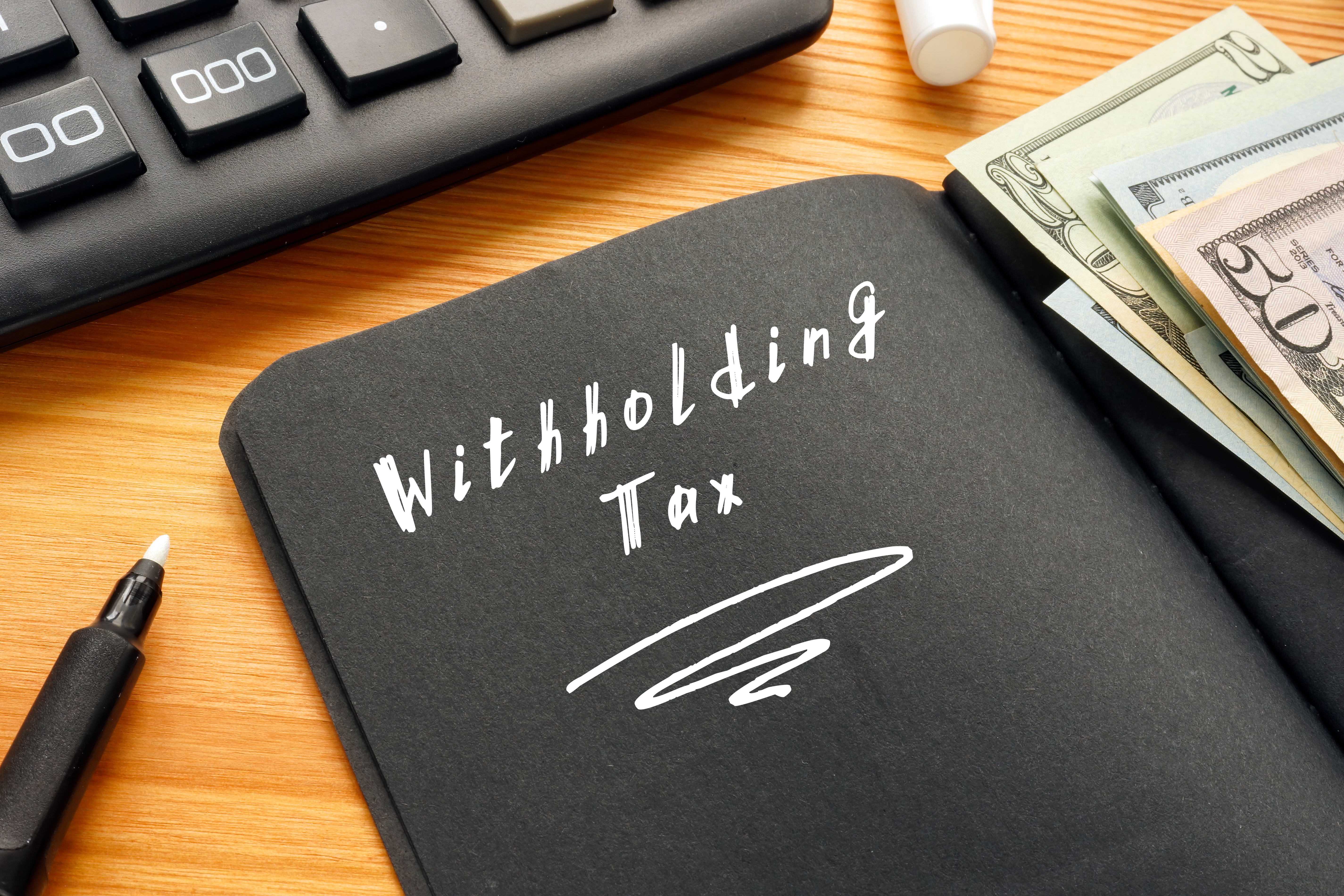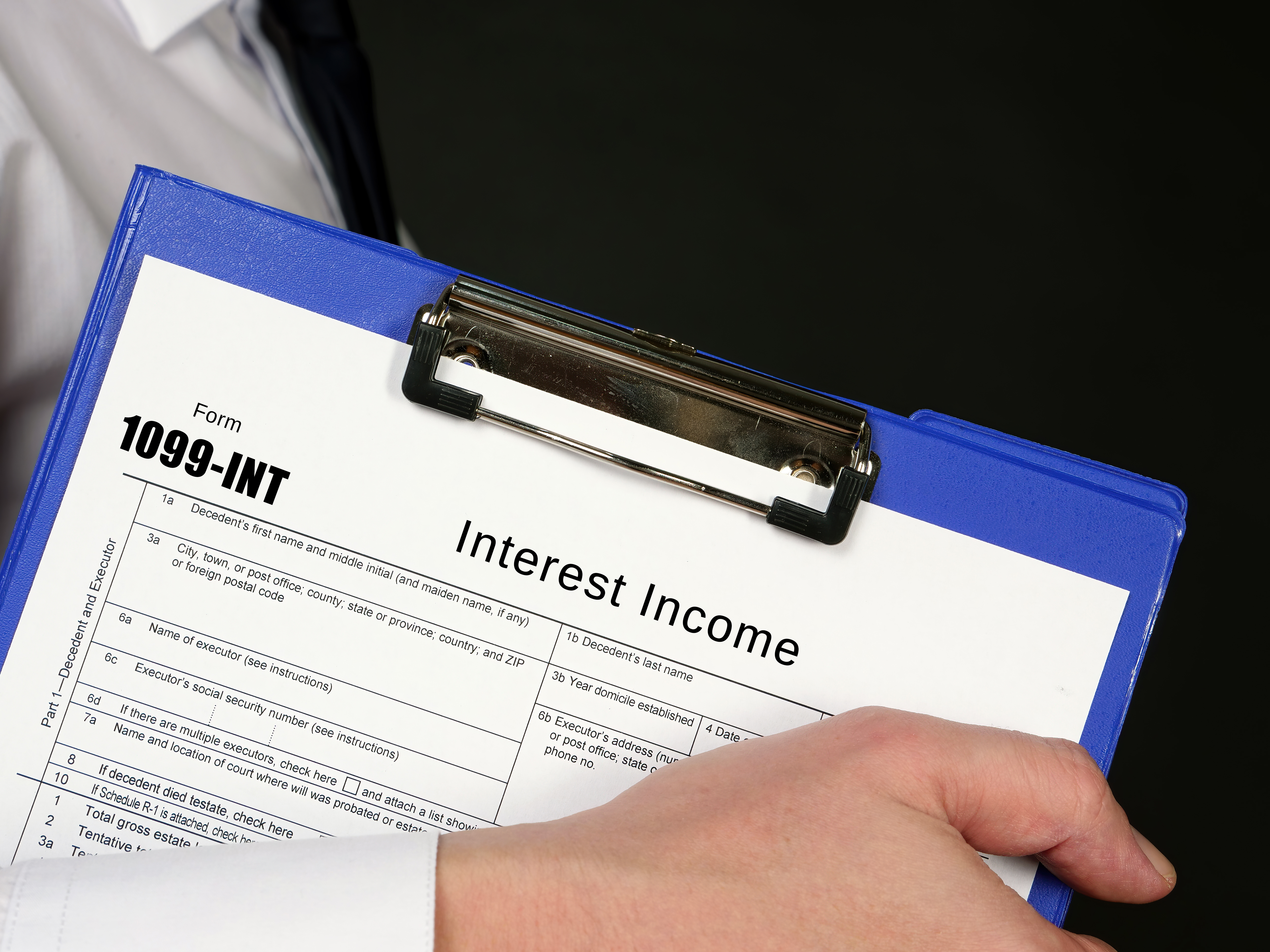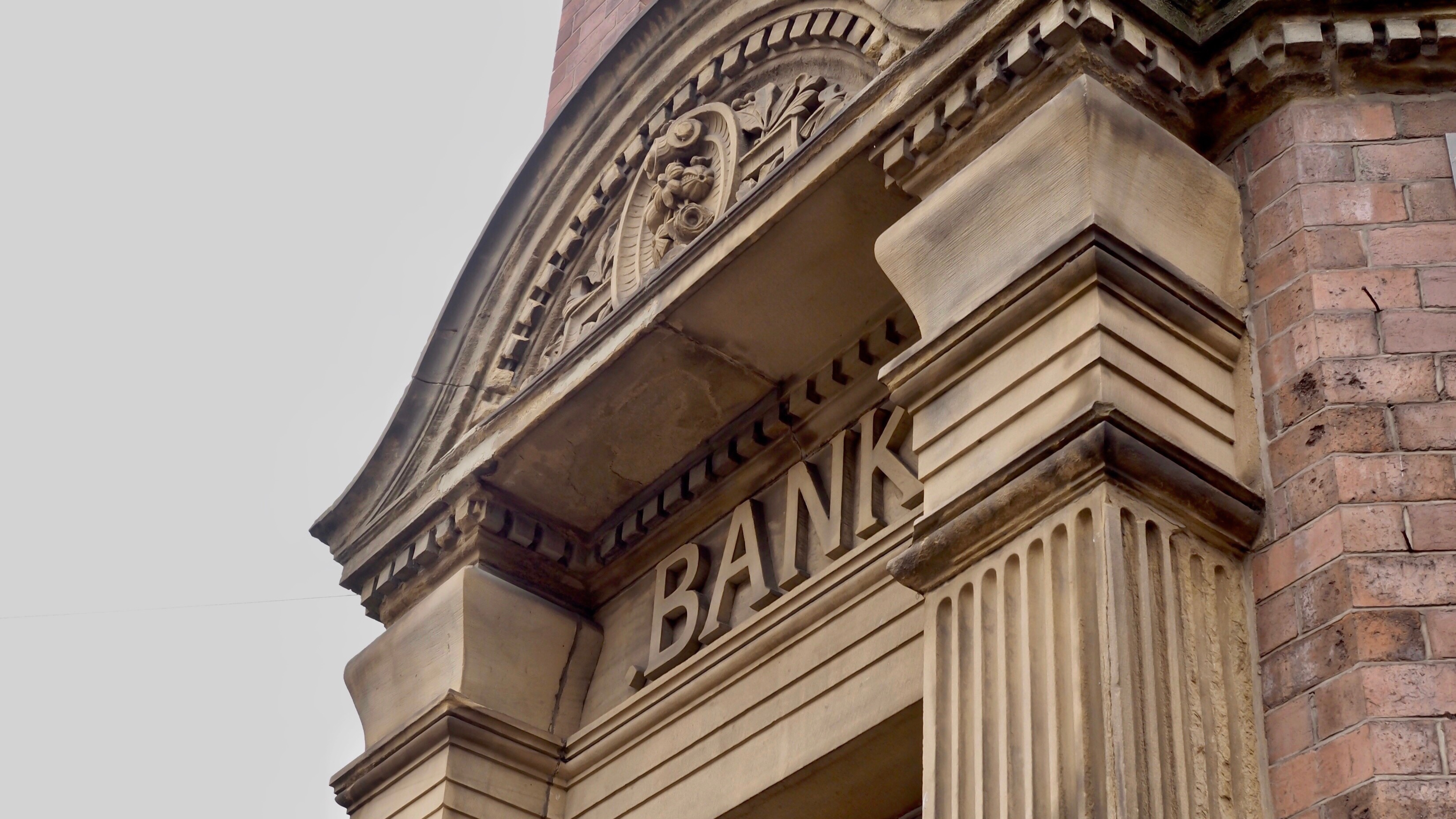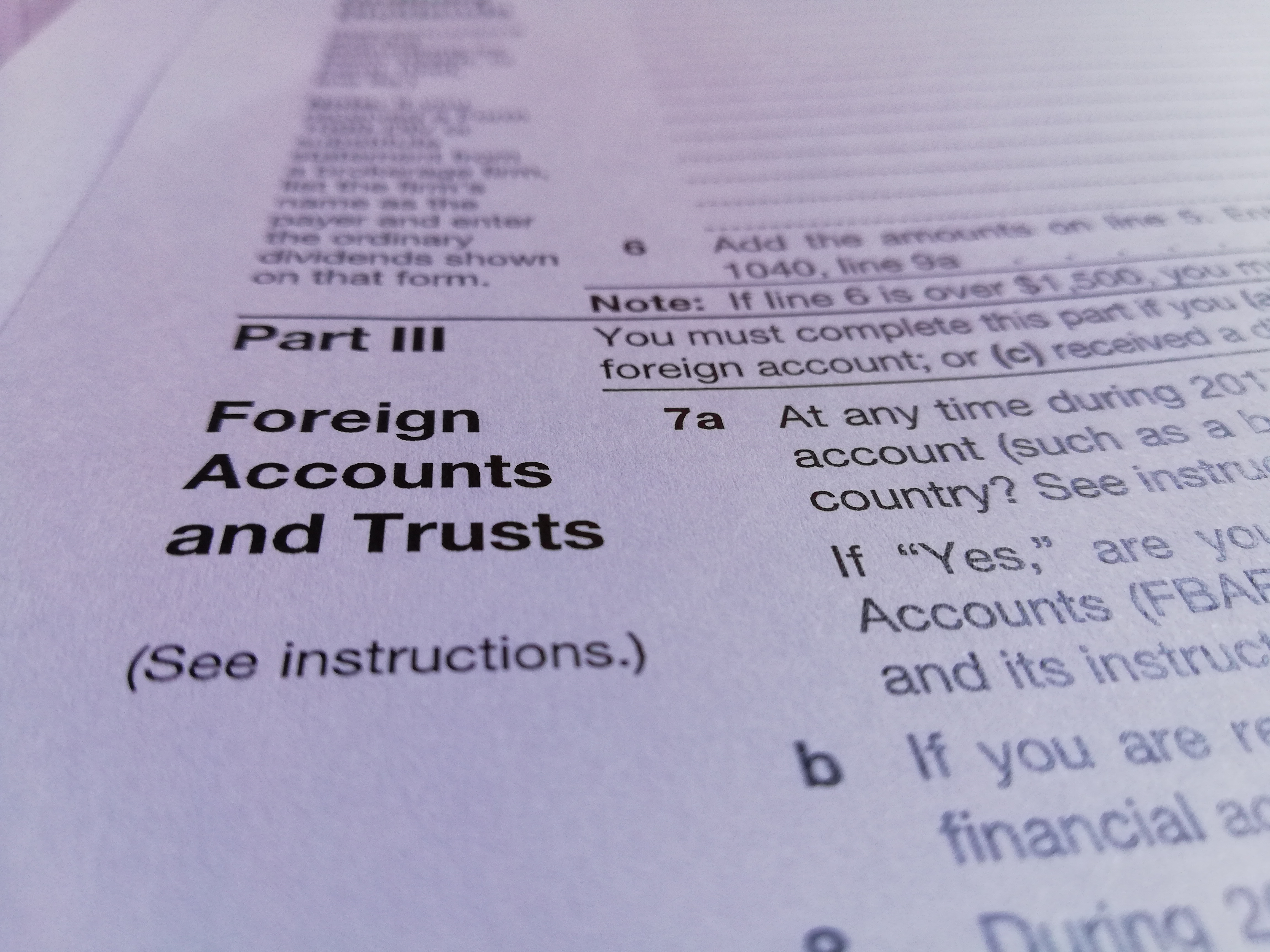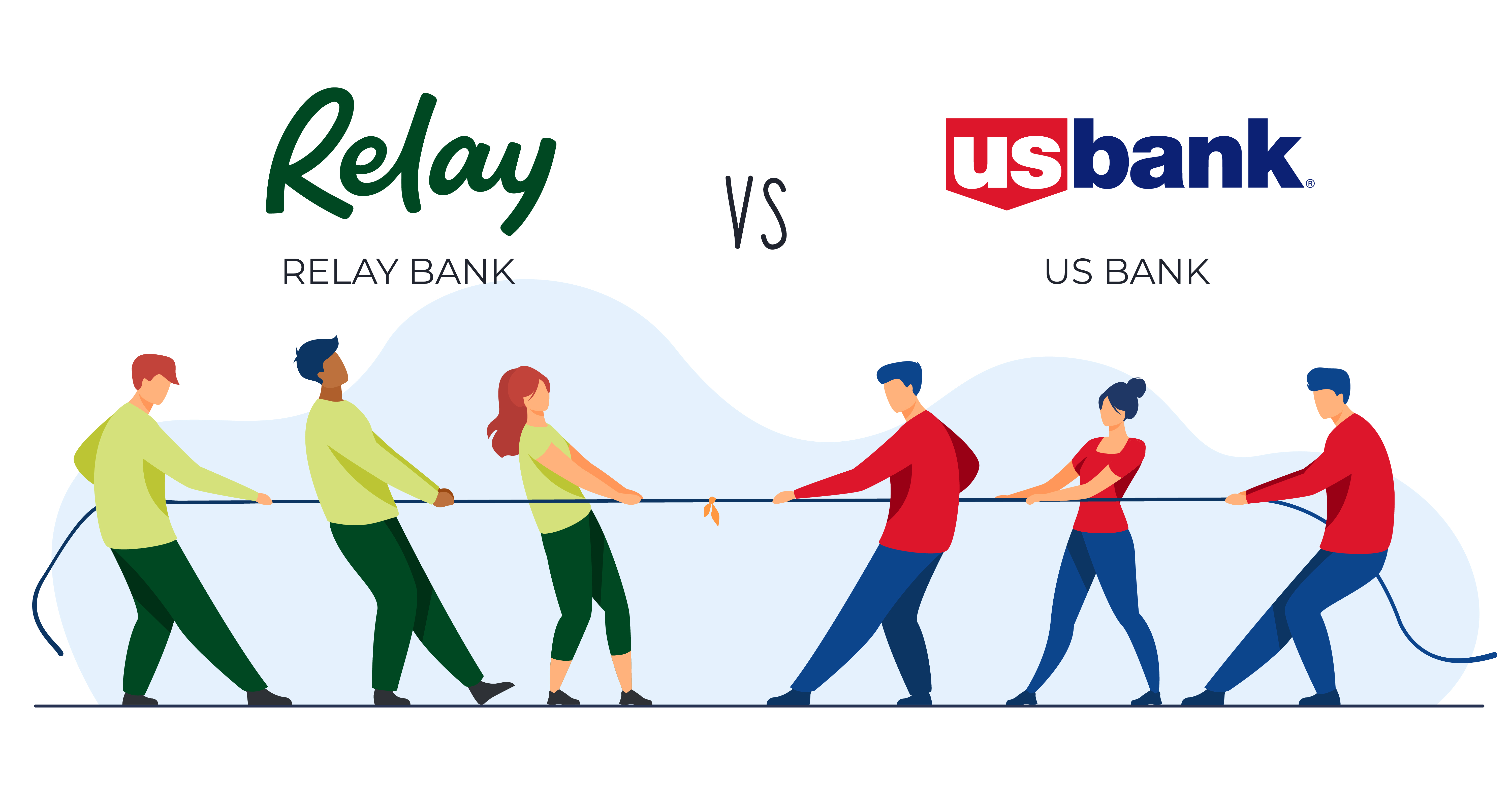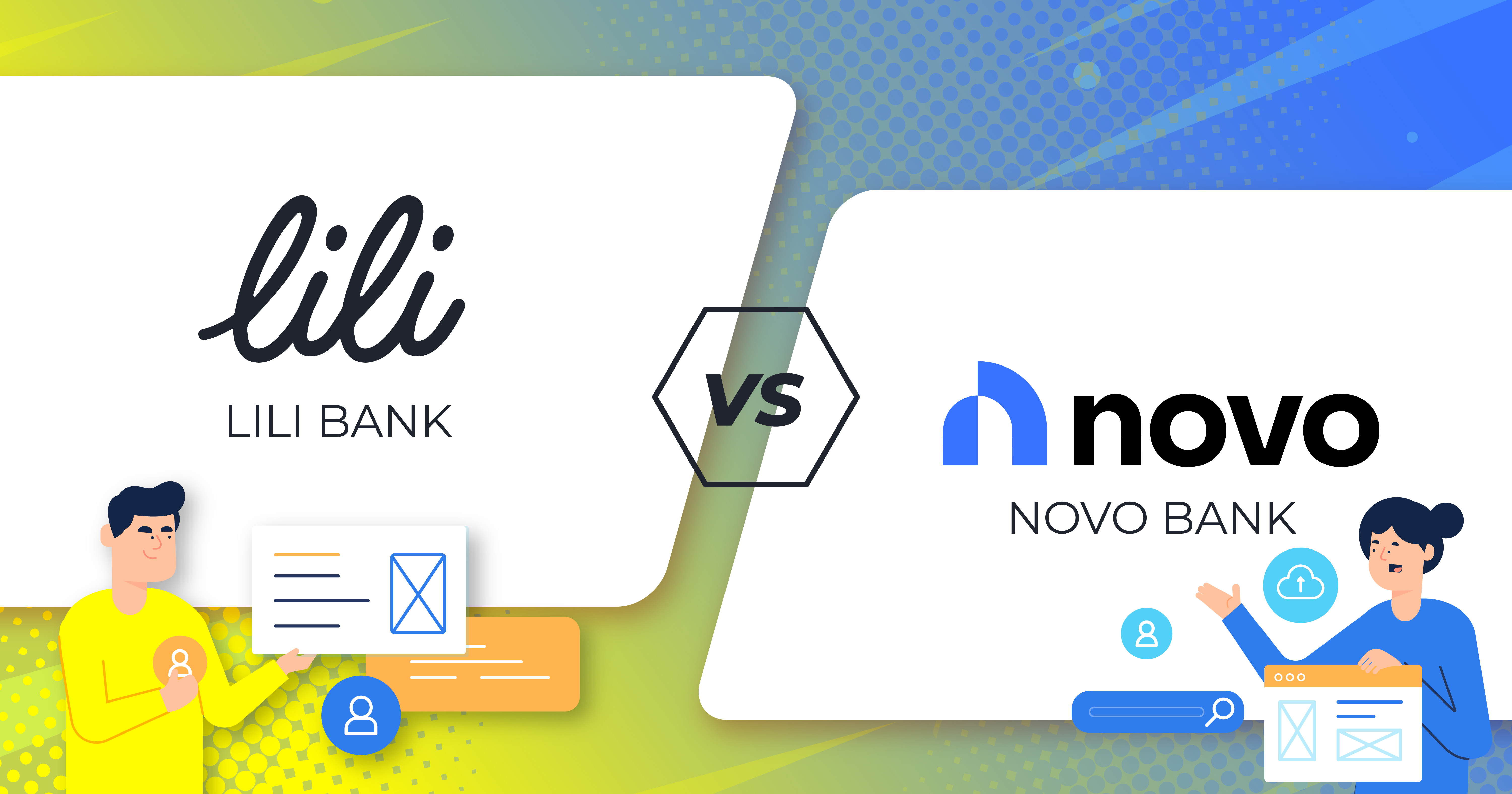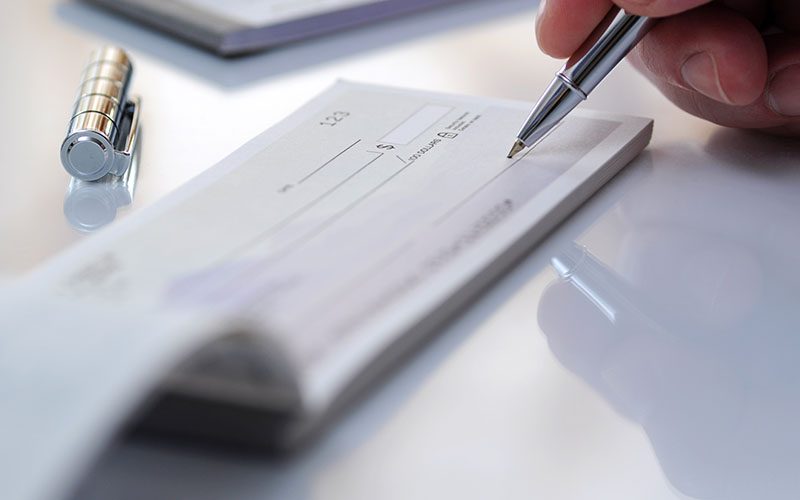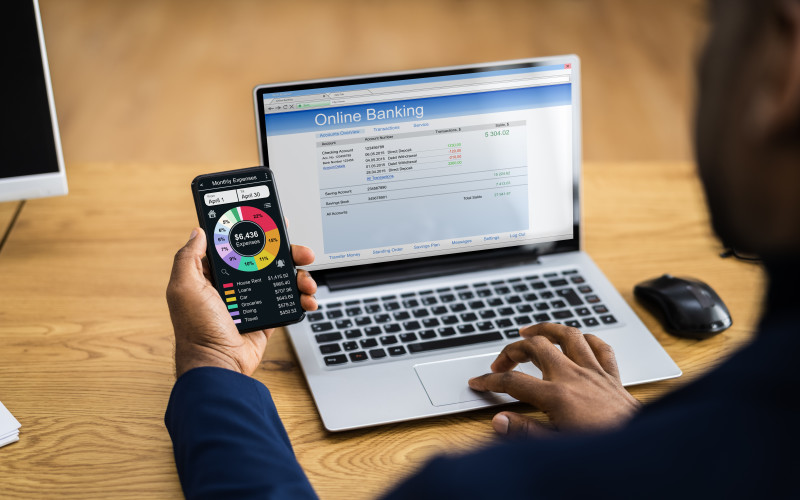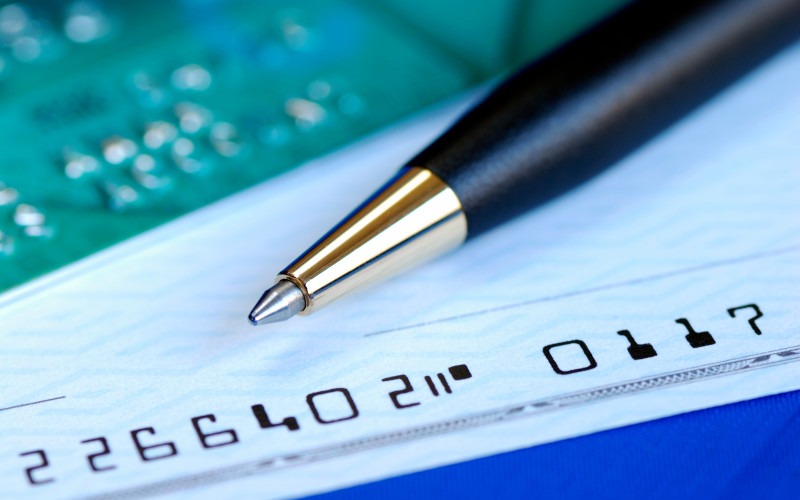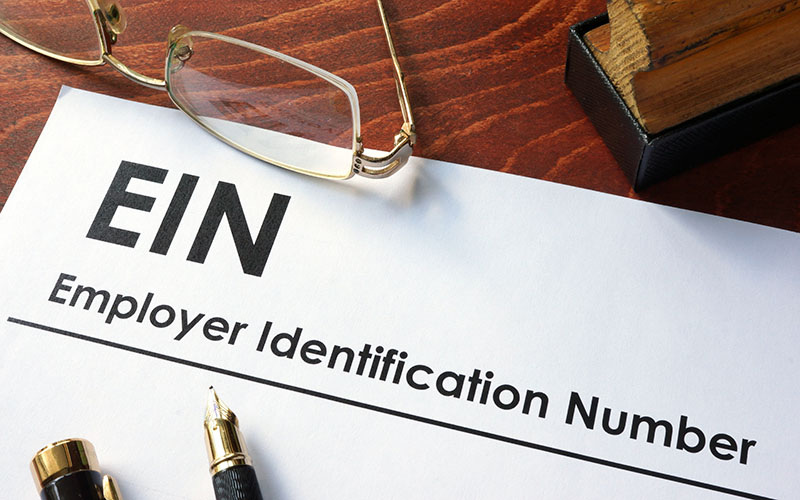How to Open a Sole Proprietorship Bank Account
Key Takeaways
- Opening a business bank account for a sole proprietorship helps separate personal and business funds, provides access to specialized banking services, and enhances business credibility.
- Sole proprietors can opt for business checking accounts, savings accounts, and merchant accounts for handling credit card transactions.
- When selecting a bank, consider costs, specific features needed by the business, customer service reputation, and integration capabilities with other tools.
- Some top business checking accounts for sole proprietors include BlueVine, Nearside, and NorthOne, each with distinct rates, fees, and features.

How to Open a Sole Proprietorship Bank Account
If you’re running a business on your own, it’s important to get a bank account for your sole proprietorship. Though it is not strictly required, getting a specialized business bank account can give you access to useful business banking services and leave you prepared to turn your business into a more formal structure such as an LLC. We’ll break down what you need to know to open a business bank account for your sole proprietorship.
Pros and Cons of Sole Proprietorship Business Bank Account
When opening a bank account for your sole proprietorship, you should consider both the pros and the cons.
Pros
- Separate personal and business funds. By opening a separate business bank account for your sole proprietorship you can keep your company and personal funds separate. That can help you handle bookkeeping and keeping track of your company’s income and expenses. If you someday choose to organize your business as an LLC or other formal structure, a separate bank account is required, so this puts you one step ahead in that process.
- Business services. Business bank accounts are designed to meet the needs of companies rather than individuals. If you open a business bank account you can get access to these tools and services, such as integrations with tools like QuickBooks or access to business lending.
- Business credibility. Customers might view your business as more credible if you have an independent bank account for it.
Cons
- Fees. Some business bank accounts can charge fees, so you’ll have to keep an eye out for these costs.
- Money in more places. Unless you use the same bank you use for your personal bank accounts, you’ll have to keep track of accounts at multiple banks, which takes more effort than using a single account for everything.
Types of Sole Proprietorship Bank Accounts
There are a few different types of sole proprietorship bank accounts that you should know about.
- Business checking account. This is a basic checking account that you can use for your sole proprietorship and is likely the first account you’d open for your company. It gives you a way to deposit cash, accept payments, send money, and other basic banking services.
- Business savings account. Like personal savings accounts, these serve as a place to keep your extra cash and earn some interest.
- Business merchant account. When your business processes credit card payments, a business merchant account is essential. This account handles the payment processing and transfers the funds to your regular business account. Notable companies offering merchant accounts are Square, Stripe, and PayPal.
Why Sole Proprietors Should Open Business Bank Accounts
While not legally required for sole proprietors, a separate business bank account is strongly advised. Here are the reasons:
- Save time and money on bookkeeping: A distinct business account ensures clear segregation of business and personal transactions, simplifying record-keeping and reducing costs.
- Easier tax management: Maintaining separate finances can alleviate tax-time pressures, making it simpler to have consistent financial records throughout the year. It's also more straightforward to manage taxes as a sole proprietor compared to an LLC.
- Secure financing to grow your business: If you aim to expand, various financing options like bank loans, credit lines, or grants might be on your radar. A business bank account is pivotal to showcase your venture's earnings and potential.
- Appear professional to your customers: Having a business account boosts your business's credibility. Transactions, like checks made to a business name, appear more professional and foster trust among clients."
Does a Sole Proprietorship Need a Business Bank Account?
Strictly speaking, a sole proprietorship does not need to have its own bank account. Operating as a sole proprietor means that there is no legal distinction between you the individual and you the business. There’s nothing stopping you from using your personal bank account for your business operations if you’re a sole proprietor.
However, just because you’re allowed to use a personal account for your sole proprietorship doesn’t mean it’s a good idea. There are many benefits to opening a business bank account for your sole proprietorship and the IRS recommends doing so.
At a minimum, having a separate bank account makes tracking your company’s money easier and can help with bookkeeping at tax time. If you do decide to organize a more formal business, you might be required to open a business bank account.
How to Choose a Sole Proprietorship Business Bank Account?
When opening a bank account for your company, consider these factors.
- Cost. Many business banks charge fees such as monthly fees, cash deposit fees, and the like. Try to find a bank account that keeps fees low or that has ways for you to avoid paying the fee. In the worst case, if you have to go with a bank account that charges a fee, make sure the services offered are worth paying for.
- Features. Every business is different and has different needs. Think about what your company is looking for out of a bank account and use that information to guide your search. For example, if you hope to get a business loan, you might want to open an account at a bank that offers loans.
- Customer service. Think about the bank’s reputation for customer service. You want to choose a bank that is easy to work with.
- Integrations. Many business checking accounts integrate with bookkeeping and payment tools. If you already use these tools, look for an account that works well with the ones you use.
How To Open a Sole Proprietorship Bank Account?
To open a bank account for your sole proprietorship, follow these steps.
- Gather the required documents. You’ll need to provide the bank with some information and documents, such as your Social Security number and ID to open an account.
- Think about the services your company needs. If you’re an online business, you can use an online bank. However, if you work with cash and need to make a lot of deposits, you’ll need a physical bank. Think about what you want out of your sole proprietorship bank account and use that information to guide your search for a bank.
- Choose the right bank. Use the services that your company needs to guide your search for a bank. Try to find one that keeps fees low and offers the help your company needs.
- Apply. Once you’ve chosen a bank, it’s time to apply. You can fill out the application online or in the bank to open an account in as little as a few minutes.
Best Business Checking Accounts for Sole Proprietors 2023
There are many business checking accounts out there. It’s important to compare your options to find the best one for your needs.
Some of the top choices include:
| Name | APY | Fees | Rewards | Features |
|---|---|---|---|---|
| BlueVine | 2.0% | None | None | No minimum deposit, Unlimited transactions, Live customer support, Access to lending services, Manage your money with sub-accounts |
| Nearside | N/A | None | 2.2% | No credit checks or income requirements, Discounts and credits for services like Yelp and Indeed, No minimum deposit, Access to lending services, Integrates with popular business tools |
| NorthOne | N/A | $10 monthly | None | Open an account in as little as 3 minutes, Organize your money with envelopes, Make ACH and wire payments from your phone, Integrates with popular business tools |
What Do You Need to Open a Sole Proprietorship Bank Account?
To open a sole proprietorship bank account, you’ll need to provide the bank with some information, including:
- Your Social Security number or Employer Identification Number) (EIN)
- Your business licenses, if any
- The date your company was established
- Where your company was formed and operates
- Any names your business uses when operating
- Your company’s financial documents and information
- A photo ID
Bottom Line
Even though it isn’t strictly required, a business bank account is still an essential tool for a sole proprietorship. It can make it much easier to track your company’s finances and helps with bookkeeping. It also gives you access to important business banking services.
Before you choose a business bank account for your sole proprietorship, make sure to compare all business banking options. There are dozens of banks out there and choosing the right one can help you grow your company over time.
Frequently Asked Questions
Do I need a business bank account for a sole proprietorship?
Sole proprietorships are not required to open a business bank account, but it is still recommended by the IRS and other entities. Having a separate account for your company makes bookkeeping and taxes much easier.
Can I use a normal bank account for my business?
Yes, it is possible to use a normal bank account for a sole proprietorship, but it is not recommended. More formal business structures, like LLCs, require separate business accounts.
What kind of bank account should I open for a sole proprietorship?
If you’re running a sole proprietorship you should open a business checking account. This will give you access to business banking services and make it easier to keep track of your company’s money.
How do you add a joint owner to a bank account?
Adding a joint owner to a bank account specifically used for small business purposes allows both owners to have equal rights and access to the account. To prevent money laundering and funding of terrorism, the USA Patriot Act requires all banks to obtain, verify and record identification for each person who opens an account. This law also applies to joint owners of an account, regardless of whether the joint owner was added initially or later. Although most of the requirements to add a joint owner to a bank account are standard, each bank's rules and procedures can differ.
Edited by:
Bryan Huynh
•
Product Tester & Writer


